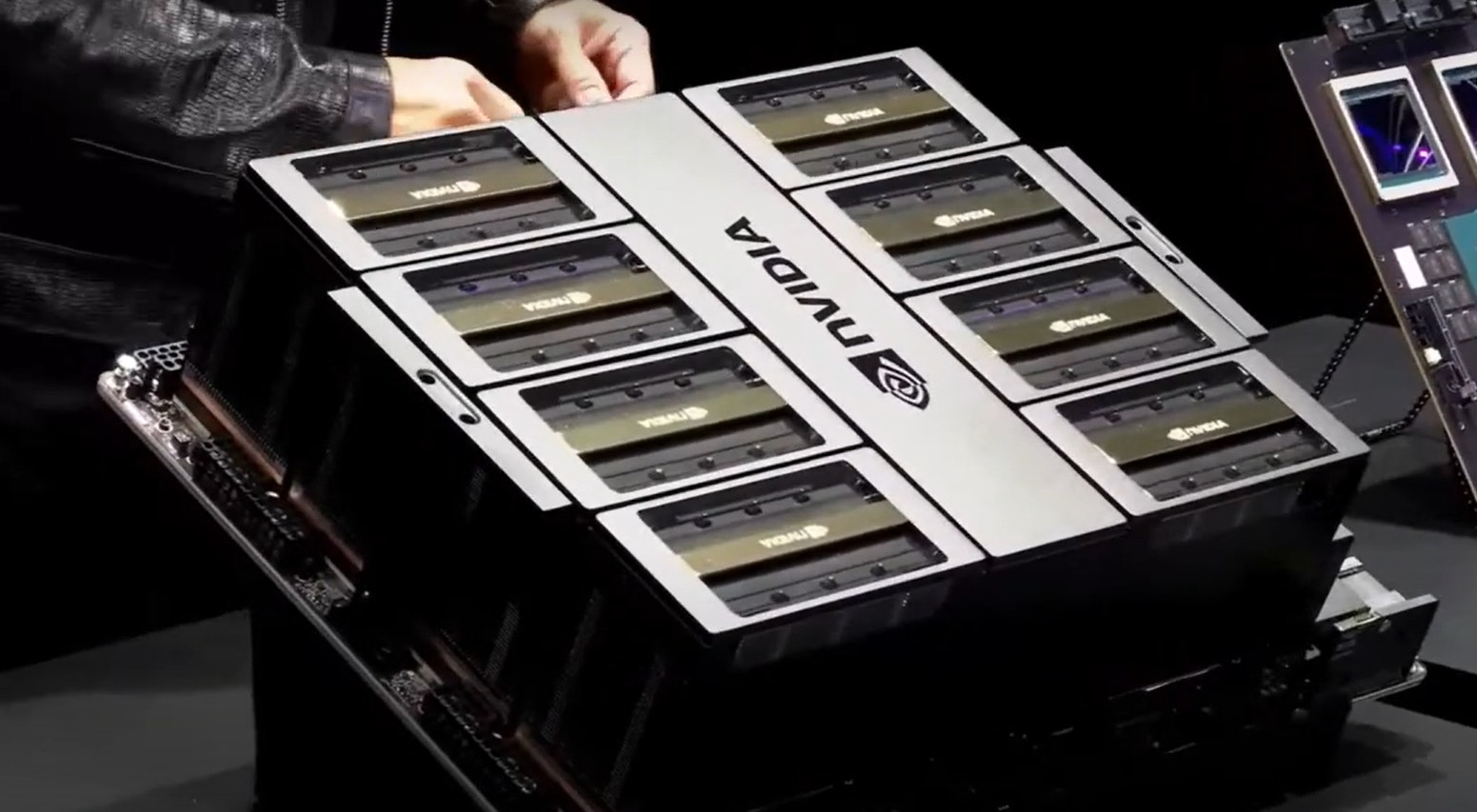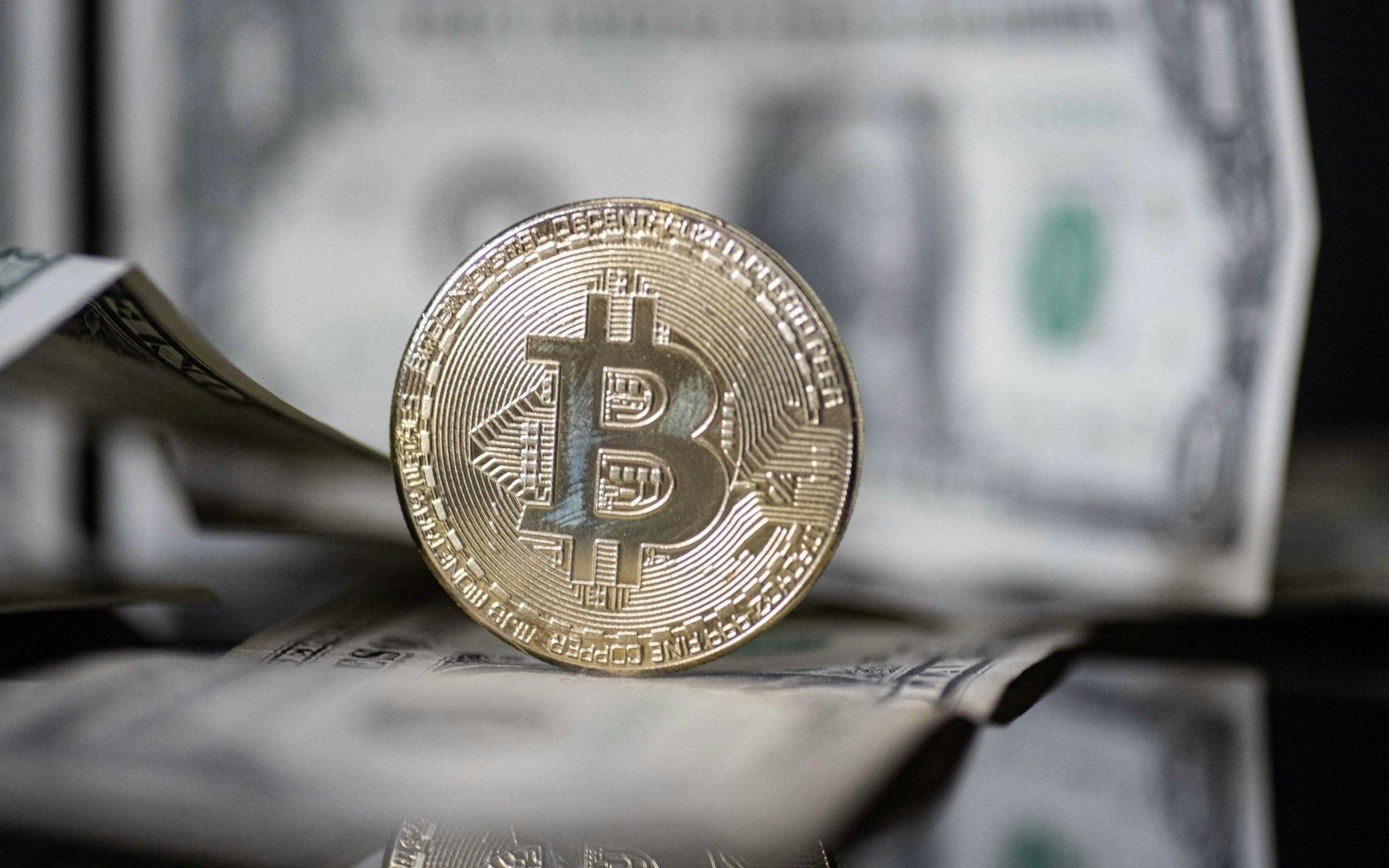The chip industry is at a critical crossroads. On one side, the demand for AI technologies is booming, driven by investments from big tech giants like Meta, Google, and Microsoft in massive data centers. On the other side, there is the risk of a downturn that could destabilize the entire supply chain. But hope comes from an unexpected corner: the smartphone.
Doug Lefever, CEO of Advantest – the world's largest supplier of chip testing equipment and an important supplier to Nvidia –, sees AI-enabled smartphones as a potential lifeboat. "Everyone is waiting for the killer app," says Lefever. "When it comes, it will be crazy.
The Trembling of the Data Centers
The dominance of hyperscalers like Meta and Microsoft has led the supply chain of the chip industry into a dangerous dependency. Lefever speaks of possible "vicious cycles" if the demand for data center technologies collapses. Even if he avoids the term "bubble," it seems clear: A decline in investments by tech giants would have massive impacts.
The entire industry is nervously observing the developments, as the testing of high-end chips—a field in which Advantest leads with over 50% market share—has multiplied in recent years. A next-generation Nvidia chip requires three to four times longer testing times than its predecessor. This complexity makes Advantest indispensable, yet also vulnerable if the boom stalls.
AI Phones: From Sleeping Beauty to Hype?
Although the market for AI-enabled smartphones is currently still "slow," as Lefever admits, the next innovation could trigger a wave of renewal. "When people start replacing their phones, it will be crazy," says Lefever. The optimism is not unfounded: in the past, technological breakthroughs have already caused smartphone demand to explode. Whether AI will be the next big driver remains to be seen – but the industry is holding its breath.
Japanese Dominance in the Shadow of Silicon Valley
Advantest is a prime example of Japan's strength in highly specialized niches. Despite the decline of Japan's former leading position in chip production, companies like Advantest, which focus on test equipment and other essential areas, continue to carry global weight. Advantest's machines, which cost up to 1 million dollars and are more complex than a passenger airplane, pass through every modern chip between 10 and 20 times.
Analysts are optimistic: With a market share of over 60% in some segments, Advantest remains a giant. Geopolitical tensions, such as US restrictions against China, also seem to have little effect on the company. When a Chinese customer recently fell away due to sanctions, the loss was compensated by new customers within a few months.





